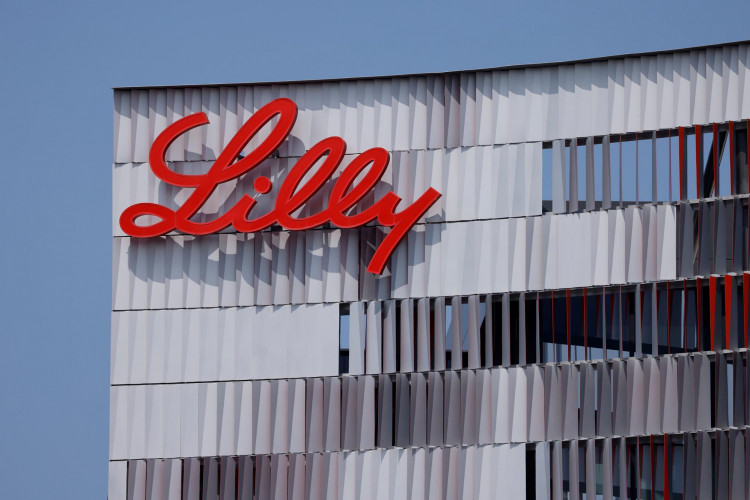Eli Lilly reported first-quarter revenue of $12.73 billion Thursday, a 45% increase from a year ago, driven by soaring demand for its blockbuster diabetes and weight-loss drugs, Mounjaro and Zepbound. The Indianapolis-based drugmaker beat Wall Street expectations on both earnings and sales, but trimmed its full-year profit forecast due to a $1.57 billion deal charge and mounting pricing pressure in the weight-loss drug market.
Adjusted earnings per share reached $3.34, topping analyst estimates of $3.02, according to LSEG data. Net income rose to $2.76 billion, or $3.06 per share, from $2.24 billion, or $2.48 per share, a year earlier.
Sales of Mounjaro totaled $3.84 billion for the quarter, up 113% year-over-year and ahead of consensus forecasts. Zepbound generated $2.31 billion in revenue, more than quadruple the $517.4 million from the same period last year, though slightly below analyst expectations of $2.33 billion. Lilly reported that the two drugs, which share the active ingredient tirzepatide, now account for 53.3% of the U.S. GLP-1 market.
Despite strong performance, shares of Lilly fell more than 5% in premarket trading after CVS Health announced it would drop Zepbound from its commercial formularies beginning July 1. CVS will instead favor rival GLP-1 therapy Wegovy from Novo Nordisk, citing a better negotiated price. "Caremark was able to negotiate Wegovy against Zepbound to determine which manufacturer...could deliver the greatest overall value," CVS stated Thursday.
Bernstein analyst Courtney Breen noted the move adds "meaningful price pressure" to the category. Kevin Gade, portfolio manager at Bahl & Gaynor, said, "There's always the risk of a price competition when your competitor Novo Nordisk is frankly not doing enough with its pipeline."
Lilly responded to competitive pricing earlier this year by cutting Zepbound's vial prices by $50 or more and expanding online dose offerings. The company currently sells two monthly doses at $349 and $499.
Volume growth, however, remained robust. U.S. sales rose 49% to $8.49 billion, with Lilly attributing the gain to a 57% increase in prescriptions for Mounjaro and Zepbound, despite lower realized prices.
Lilly revised its full-year adjusted earnings guidance to a range of $20.78 to $22.28 per share, down from $22.50 to $24.00. The cut was primarily attributed to a one-time charge related to Lilly's acquisition of an oral cancer therapy from Scorpion Therapeutics.
CEO Dave Ricks addressed external pressures including the Trump administration's proposed tariffs on imported pharmaceuticals. "The threat of tariffs is already bringing back critical supply chains into important industries, chips and pharma," Ricks said on CNBC. However, he questioned the need for full implementation, adding, "So do we need to enact [tariffs]? I'm not so sure."
Lilly, which recently committed $27 billion to expand U.S. manufacturing, continues to advocate for structural tax reform.
The company maintained its revenue guidance for fiscal 2025 at $58 billion to $61 billion.




